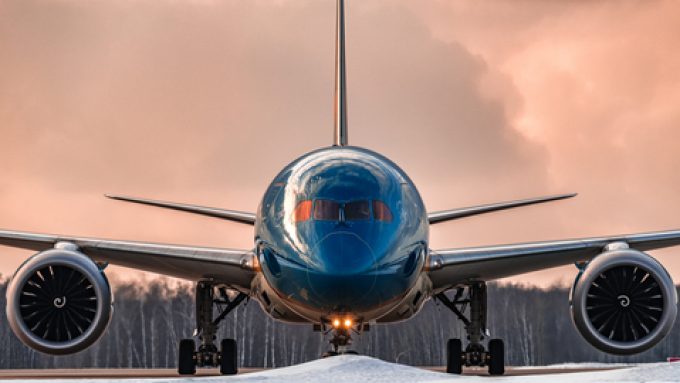Boeing supplier Spirit AeroSystems lays off staff, citing lower plane delivery rates
Boeing’s struggles are beginning to hit its suppliers, with aerospace manufacturer Spirit – currently in ...

Airlines in line for delivery of Boeing 787 Dreamliners are facing longer wait times as the troubled manufacturer checks the aircraft on its production line for potential problems where the wings join the fuselage – it is also required to develop an action plan to inspect Dreamliners that have already been delivered.
Yesterday the US Federal Aviation Administration (FAA) announced an investigation into the 787, after allegations that employees had failed to perform inspections and falsified records.
Boeing informed the regulator last month that some of the assembly work on Dreamliners might be compromised. According to a message sent by Michael Stocker, head of the 787 programme, one employee at Boeing’s assembly line in South Carolina had reported what appeared to be an ‘irregularity’. The subsequent review found “several people had been violating company policies by not performing a required test, but recording the work as having been completed”.
Specifically, the employees are accused of failing to inspect the bonding and grounding where the wings join the fuselage.
This marks the latest in a string of production flaws that have hampered Dreamliner output since 2022, and it augurs further delays to 787 deliveries and planes already acquired being taken out of service for inspections.
Last month, Boeing announced that the ramp-up of its 787 output would be slower than expected, blaming supplier shortages of “a few key parts”.
B737 output also slowed after an Alaska Airlines flight lost a panel shortly after take-off in January, prompting another investigation of Boeing’s safety culture.
In a market characterised by a strong rebound in travel, the slow output of new models has forced passenger carriers to extend leases for ageing aircraft. Jordi Boto, CEO of Airbus conversion specialist Elbe Flugzeugwerke (EFW), said it had reduced availability of planes for freighter conversions and raised the prices of aircraft that would otherwise be headed for conversion.
Meanwhile, the additional audits at Boeing are straining the FAA, which has been chronically short of resources. This affects not only the regulator’s inspection capacity, but extends to its certification of aircraft. At this point, it is anybody’s guess when Boeing’s B777X will obtain its certificate to begin production.
And Boeing has not delivered a 777 for passenger service in two years, reinforcing the need for airlines to hang on to ageing aircraft while they wait for replacements.
The delays in 777X certification also raise questions how soon the regulator will give its blessing to new freighter conversions. Israel Aerospace Industries, which is leading the development of converted 777 freighters, was expecting to complete the certification process of the type earlier this year. Now management hopes this will be by the end of Q2 or early in Q3.
Despite these stumbling blocks, EFW expects to boost its output of converted planes. Mr Boto said the company was delivering aircraft every week. Next year it plans to nearly double deliveries over 2023 output of A330s.
Check out the inaugural News in Brief podcast, looking at recent ocean freight rates and rising surcharges, the key points of our recent ecommerce series and what’s on this week…
Comment on this article